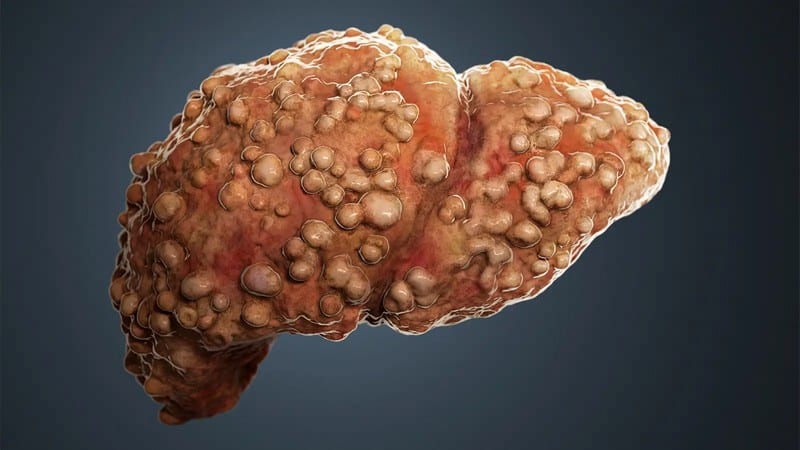Cirrhosis

Cirrhosis refers to the liver’s severe fibrosis or scarring. The condition usually develops in the later stages of diseases involving liver damage, such as non-alcoholic liver disease, hepatitis, long-term alcohol consumption, and more. The scarring in cirrhosis isn’t reversible. However, there are treatment options that may aid in managing it. More often than not, the symptoms associated with cirrhosis are barely noticeable until the disease has progressed. The symptoms start when the liver scarring obstructs the organ’s ability to purify your blood, break toxins down, produce proteins for clotting, and aid in fat-soluble vitamins and fat absorption.
The symptoms of cirrhosis include a decrease in appetite, fatigue, unintentional weight loss, mild abdominal pain, nausea, vomiting, and swollen or enlarged varices. In more severe cases, the symptoms can be jaundice, confusion, bleeding or bruising easily, itchy skin, abdominal swelling, and dark-colored urine. Depending on the severity of the condition, treatment might be as simple as a few lifestyle changes and medication or more complicated and invasive surgical procedures.










